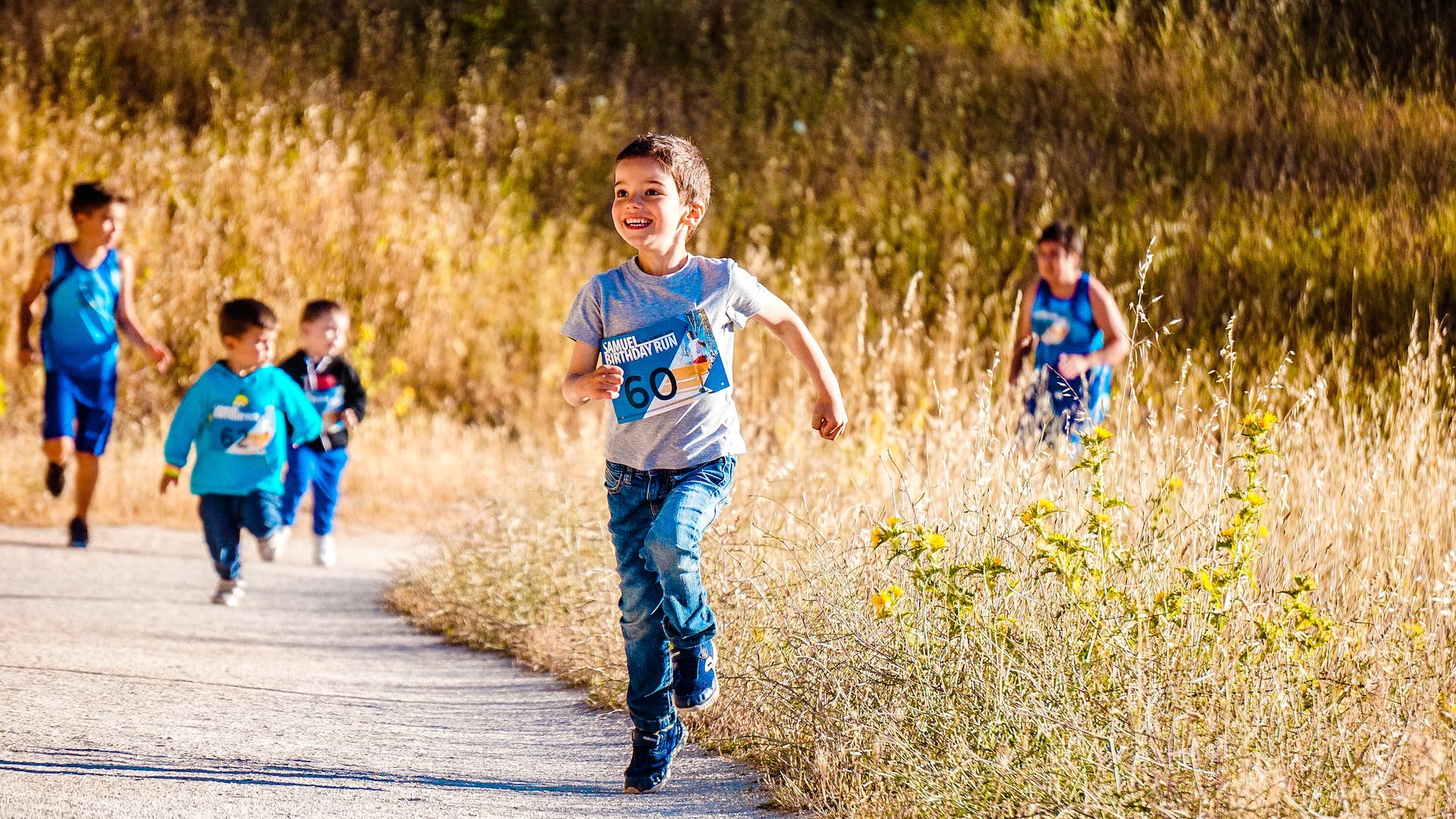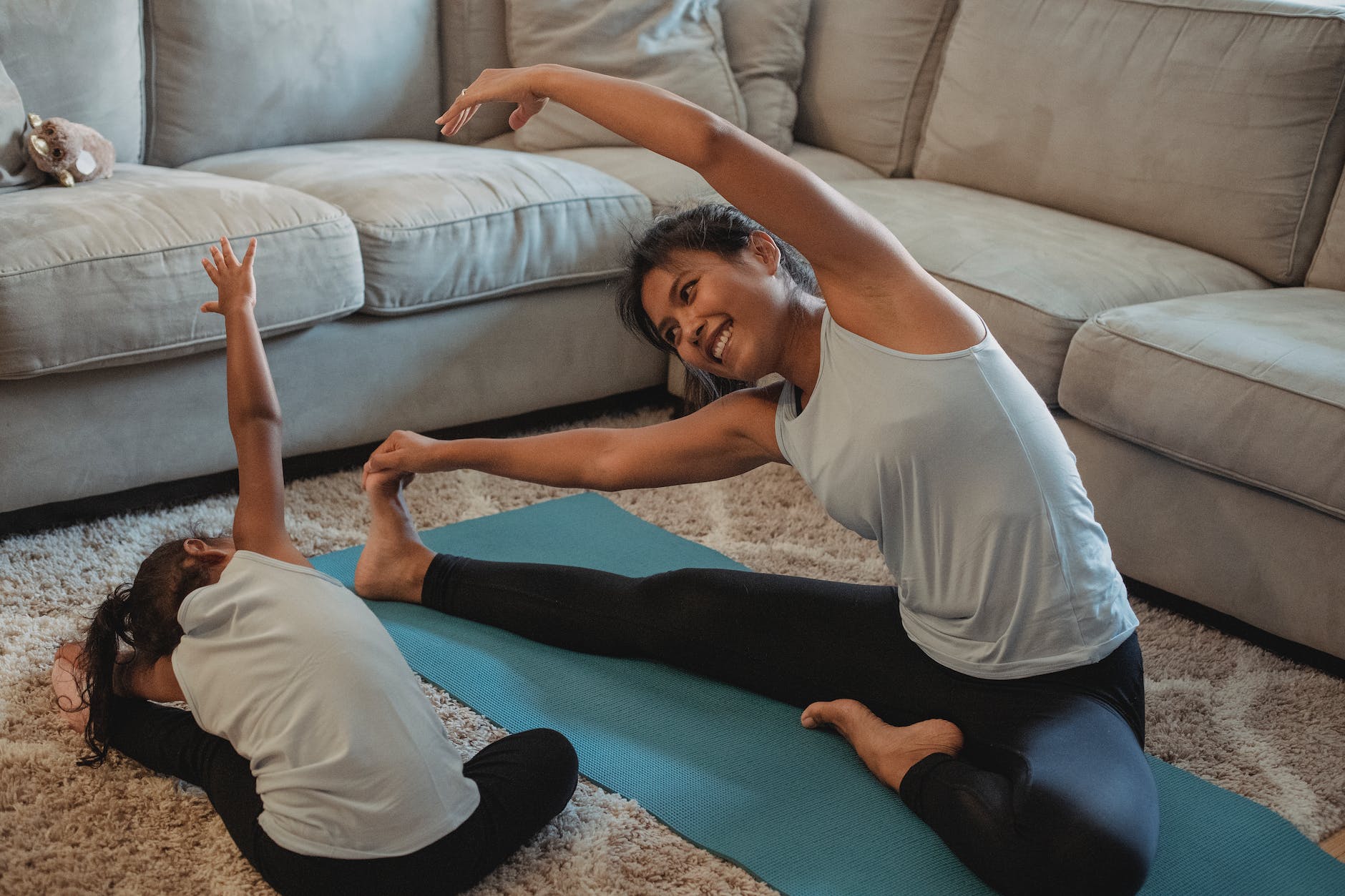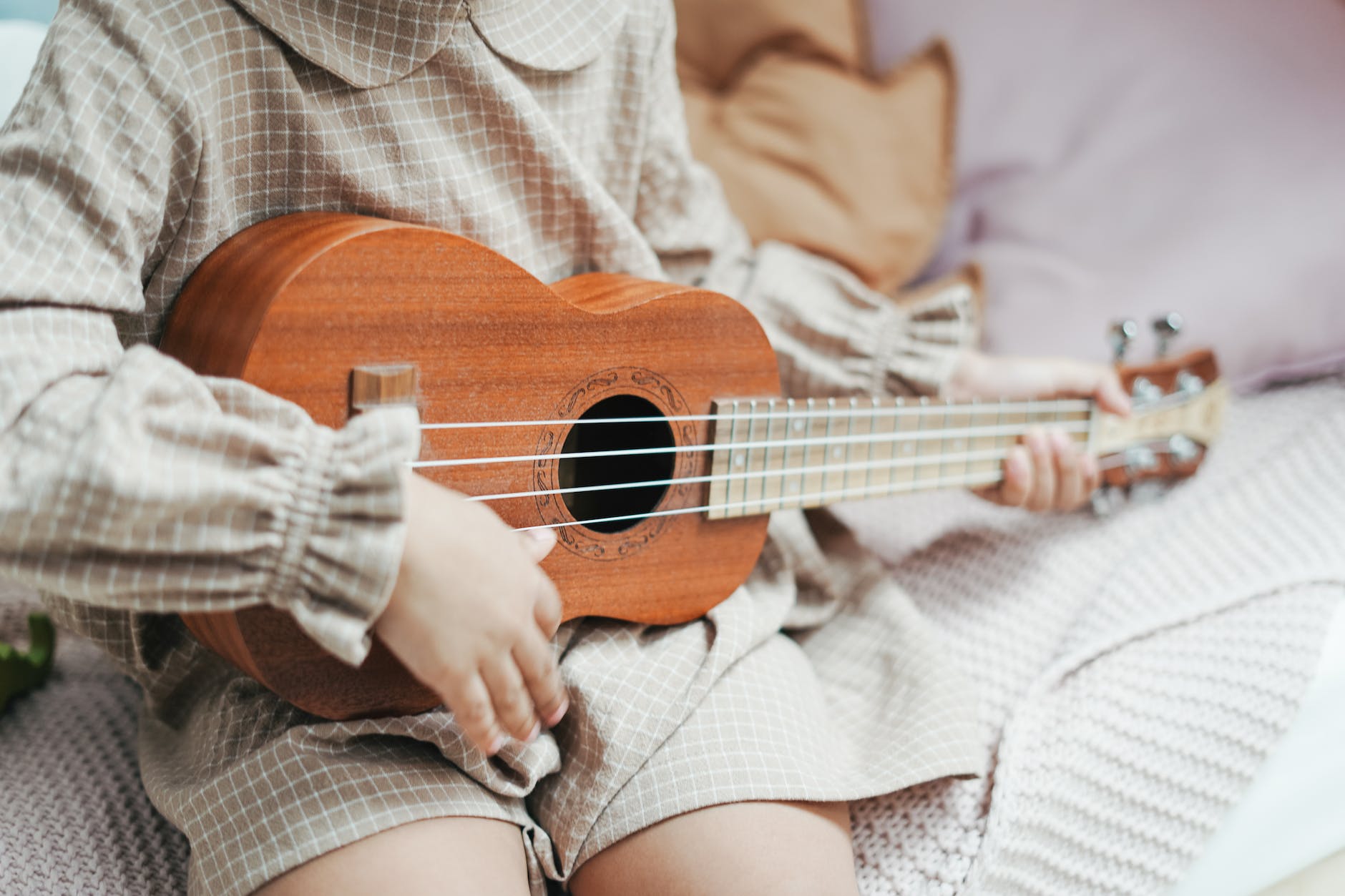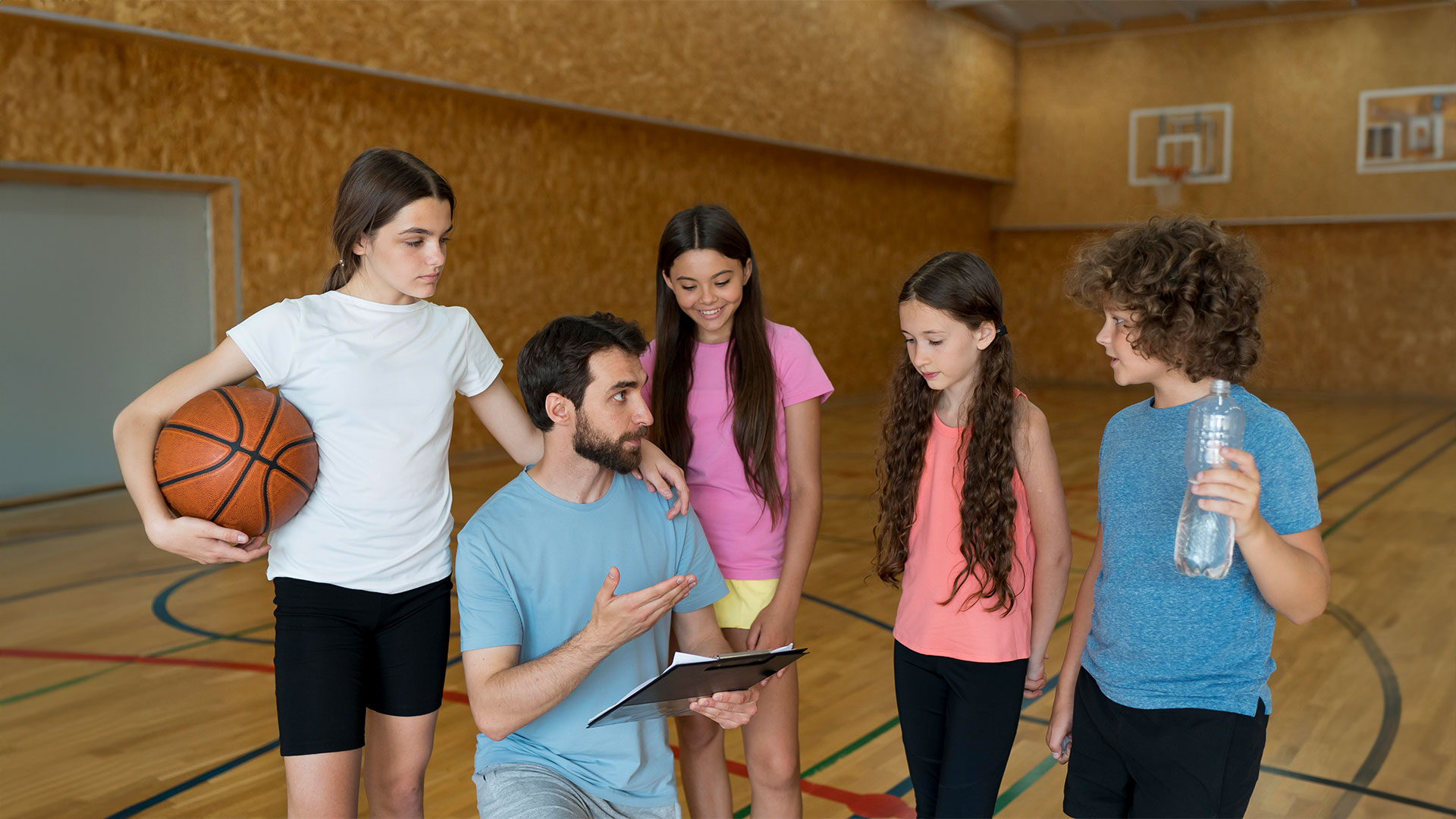Photo by RUN 4 FFWPU on Pexels.com Participation in sports can have a profound impact on children's education and overall development. Engaging in

Participation in sports can have a profound impact on children’s education and overall development. Engaging in physical activities not only promotes physical health but also provides numerous cognitive, social, and emotional benefits. In this blog post, we will explore the various ways in which sports can positively influence children’s education and development.
- Physical Fitness: Regular involvement in sports helps children develop strong bones, muscles, and cardiovascular fitness. It aids in maintaining a healthy weight, reducing the risk of obesity, and improving overall physical well-being. Through sports, children learn about the importance of exercise and develop lifelong habits of staying active.

- Academic Performance: Engaging in sports can have a positive impact on academic performance. Research shows that physical activity stimulates brain function, enhances concentration, and improves memory and cognitive abilities. Sports teach children valuable skills such as discipline, time management, and goal-setting, which can transfer to academic pursuits.

- Social Skills and Teamwork: Participating in team sports provides children with opportunities to develop crucial social skills. They learn how to communicate effectively, cooperate with others, and work towards a common goal. Through interaction with teammates, children learn to respect differences, build friendships, and develop leadership qualities. These social skills are essential for success in both personal and professional aspects of life.
- Self-Esteem and Confidence: Sports can significantly boost children’s self-esteem and confidence. As they acquire new skills, improve their performance, and overcome challenges, they develop a sense of accomplishment and self-belief. Positive feedback from coaches and teammates further enhances their self-worth and encourages them to strive for excellence in other areas of life.
- Character Development: Participating in sports teaches children important values and qualities such as perseverance, resilience, and sportsmanship. They learn how to handle both success and failure gracefully, understand the importance of fair play, and develop a sense of integrity and respect for rules. These character-building experiences contribute to the holistic development of children.
- Emotional Well-being: Sports serve as an outlet for children to release stress, manage emotions, and improve mental well-being. Physical activity stimulates the production of endorphins, which are natural mood boosters. Engaging in sports helps reduce anxiety, improves self-regulation skills, and provides a healthy outlet for emotional expression.
- Lifelong Habits: Introducing children to sports at a young age sets the foundation for a lifetime of physical activity and healthy habits. When children find joy and fulfillment in sports, they are more likely to continue participating in physical activities as they grow older, leading to a healthier lifestyle and reduced risk of chronic diseases.
Conclusion
The benefits of sports in children’s education and development are wide-ranging and impactful. From physical fitness and academic performance to social skills and emotional well-being, sports play a vital role in shaping well-rounded individuals. By encouraging children to engage in sports, we provide them with valuable opportunities for growth, learning, and self-discovery, ultimately setting them up for success in various aspects of life.

COMMENTS